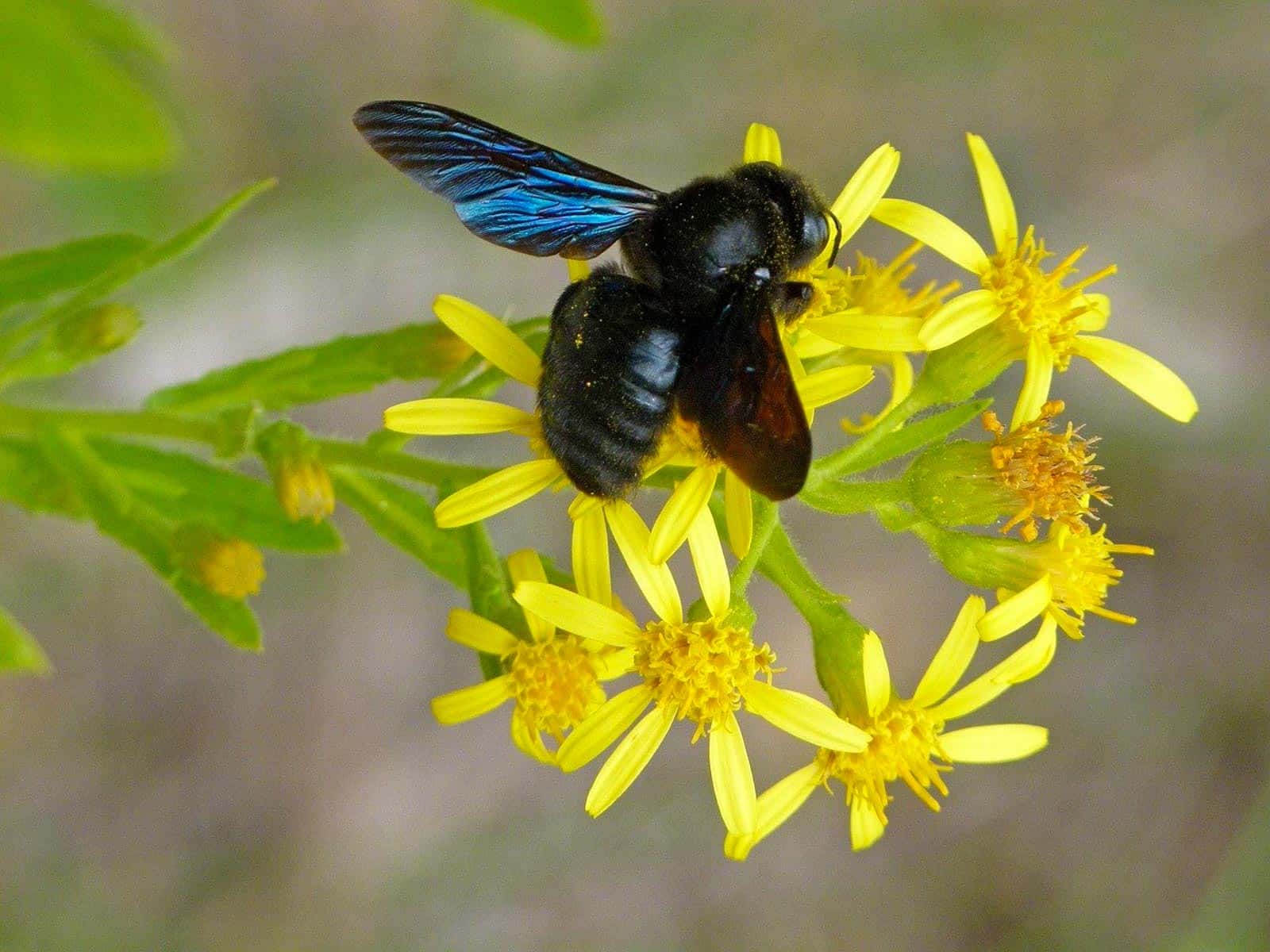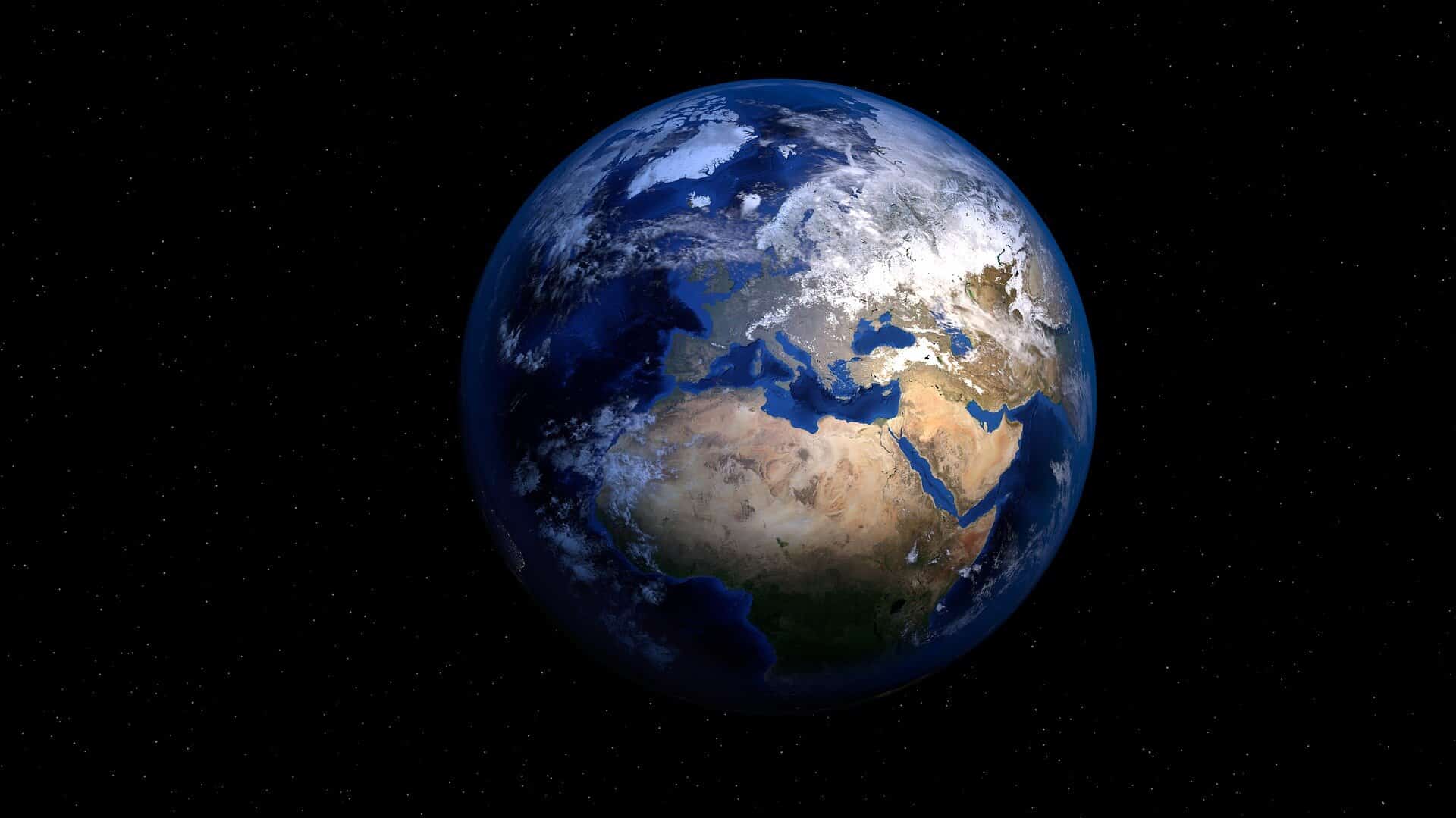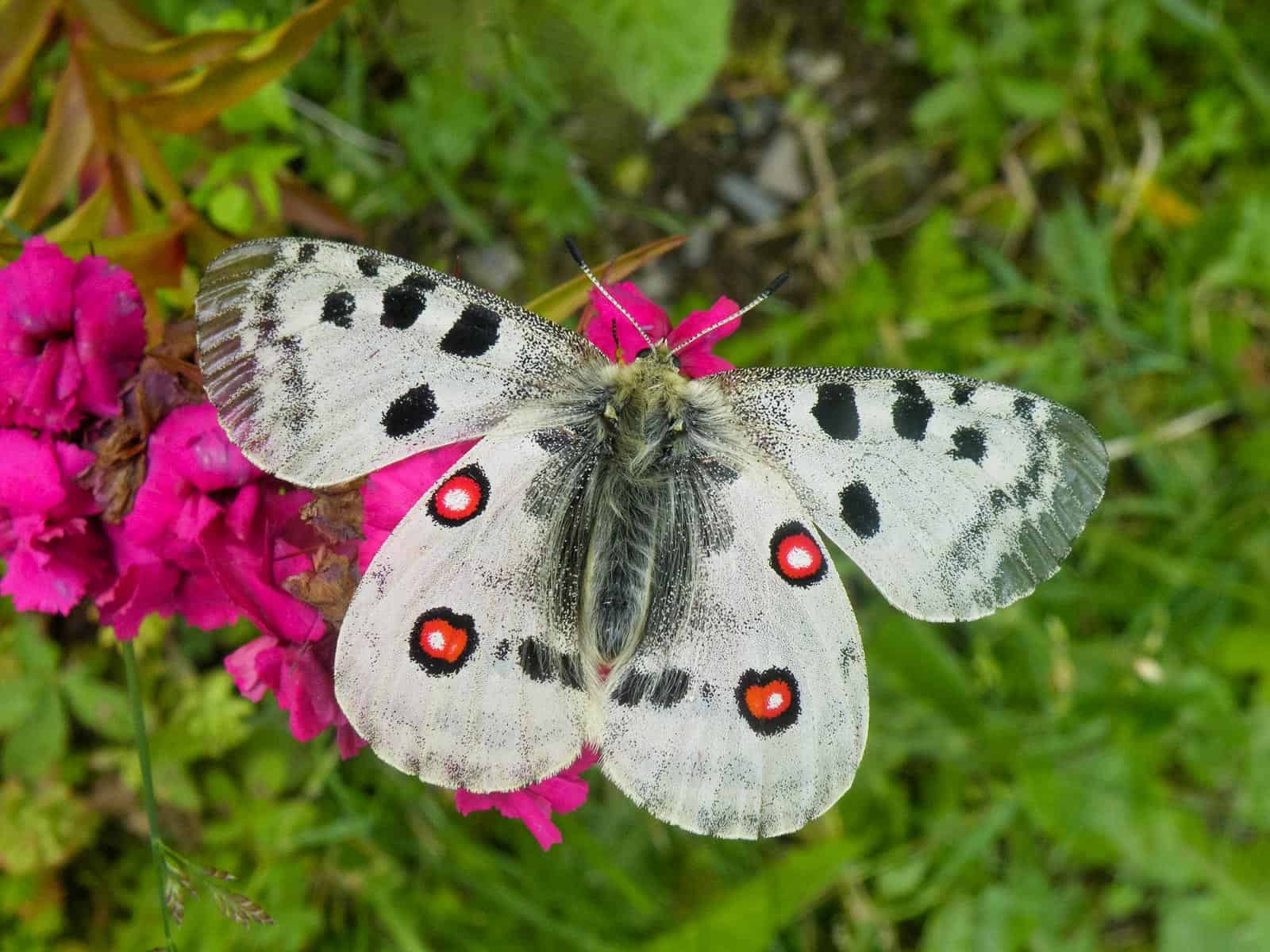Can octopuses survive a warming world?
As climate change rapidly warms the oceans, scientists are racing to understand how marine life is coping—especially the octopus. These intelligent, mysterious creatures play a key role in ocean ecosystems, acting as both predator and prey. But rising sea temperatures may put their survival to the test.
A critical creature in a changing sea
Octopuses are more than fascinating animals—they’re essential to the balance of marine ecosystems. As Bret Grasse, a cephalopod expert at the Marine Biological Laboratory, explains: “They are highly voracious predators and also a vital food source for many larger species.” Their presence supports everything from dolphins to crabs.
But the ocean isn’t just getting warmer—it’s also becoming more unpredictable. Instead of steady increases, temperatures fluctuate wildly due to changing currents, tides, and weather patterns. This creates harsh conditions, especially in shallow reefs and tidal pools where many octopuses live.
A closer look at the embryos
To better understand how octopuses may respond to these changes, researchers at Ocean University in China studied gold-spot octopus embryos under different temperature conditions. They didn’t just warm the water—they mimicked real ocean variability, shifting temperatures by up to 6°C during the 47-day development cycle.
The results were troubling. Extreme temperature changes led to premature hatching, deformities, and deadly infections. Out of 400 eggs, only 36 hatched. None of the juveniles survived beyond 11 days. Many were born too early, still carrying their yolks, and were too weak to swim or feed.
This experiment, published in Science of the Total Environment, raises real concerns about the future of octopuses under climate stress.
A hopeful edge: rapid adaptation
Despite the alarming findings, experts believe octopuses may still adapt. Their short life cycles—often just one to two years—allow them to evolve quickly. Unlike many long-lived species, octopuses can respond to environmental shifts across generations in a relatively short time.
They also have a rare ability: RNA editing. This lets them adjust how their genes are expressed, helping them adapt to changes in temperature or environment more rapidly than most animals. “With their plastic biology and short lifespan, they might be better equipped to face climate change than many other marine creatures,” says Grasse.
Some signs of adaptation are already visible. Octopus ranges are expanding as they move to cooler waters. These shifts suggest that certain species may find new habitats and survive—at least for now.
Please also read: Secret lives of deep-sea creatures: what lies beneath?
More than just temperature
Still, temperature isn’t the only threat. Ocean acidification, pollution, and habitat loss add more pressure. And because octopuses sit in the middle of the food web, any impact on them could ripple through entire ecosystems.
“An impact on octopus populations would affect both their predators and their prey,” says Qiaz Hua, a marine biologist. “This could influence not just marine food chains, but also global ecosystem health.”
The cosmic mystery of the octopus
Octopuses have long fascinated scientists—not just for their role in the ocean, but for their unusual biology. They have 33,000 genes, more than humans, and most of their neurons are in their arms. Their limbs can act independently, almost like each arm has its own brain.
Their intelligence is equally astounding. They use tools, solve puzzles, and even show distinct personalities. Some escape aquariums. Others unscrew jars or unplug annoying lights. Remember Paul the octopus, who famously predicted soccer match outcomes during the 2010 World Cup?
Because of their sudden and dramatic evolution—especially during the Cambrian Explosion—some researchers have even explored fringe theories like panspermia, which suggests their ancestors might have extraterrestrial origins. While not widely accepted, this theory highlights just how unique octopuses are in the animal kingdom.
Conclusion
Octopuses are resilient and full of surprises. Their unique biology might help them adapt to a rapidly changing planet. But they can only do so much—and only so fast. Continued research is essential to understanding how they and other marine life will fare in the face of climate change.
If these clever creatures can’t keep up, the impact won’t just be felt in the ocean—it could echo throughout the planet.
Discover more from European Wilderness Society
Subscribe to get the latest posts sent to your email.










